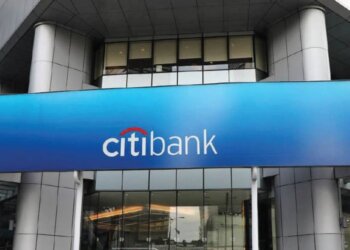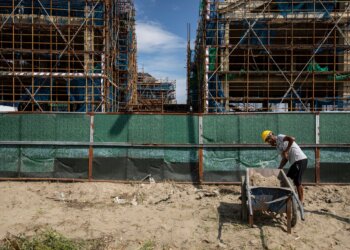The Brazilian meat corporation JBS keeps advancing its NYSE stock listing plan while asking shareholders to back the controversial dual-listing even though environmental organizations and legislative representatives and activist investors strongly oppose it.
The proposal requires shareholder approval to establish JBS stock trading capability between São Paulo and New York. The Securities and Exchange Commission in the United States has given approval for a listing that could start next month if shareholders approve the proposal.
The world’s biggest meatpacker JBS faces ongoing criticism because of its environmental damage and corruption cases alongside market dominance issues. The U.S. Congress members along with NGOs have expressed their opposition to the listing because they see the company as representing the meat industry’s most severe problems.
Still, JBS is undeterred. The company executives maintain that New York listing access would allow the company to draw institutional investors and improve capital market access while showing its worldwide expansion. JBS generates half of its annual income from the U.S. market through its operations employing 72,000 employees who maintain leadership positions in beef and poultry and pork production.
The executives of JBS declared in their official statement that this development represents an essential step for a global company. We aim to establish a shareholder base that mirrors our current business activities.
The Batista family who control JBS will most likely endorse the listing as they hold the majority share ownership. The final decision depends on minority shareholder approval since they possess about 30% of the company’s total shares.
The company’s history of bribery offenses alongside supply chain deforestation allegations makes it unsuitable for obtaining a U.S. stock exchange listing according to opponents. Foreign firms wishing to access U.S. capital markets face increased regulatory oversight according to lawmakers who point to JBS as a primary example.
The approval of JBS would establish it as one of the limited number of major Brazilian firms which maintain dual listings in the U.S. market together with Petrobras and Vale. The new investor profile that would result from this move would lead to increased debates regarding global agricultural corporate responsibility.










